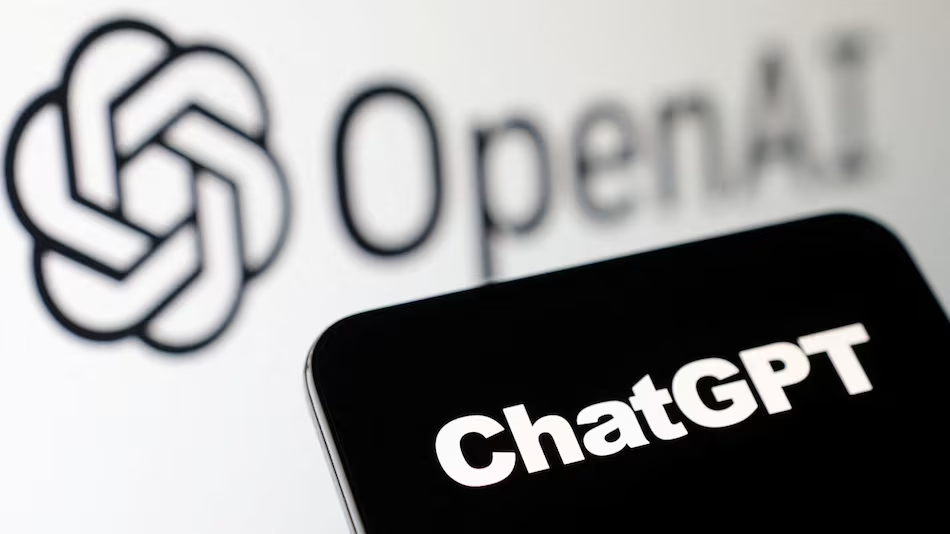
OpenAI debuts GPT Store, allowing users to share custom chatbots. Monetization options coming soon. A new frontier in AI creativity and collaboration. (Reuters)
OpenAI has unveiled an online marketplace allowing users to share personalized versions of its popular ChatGPT chatbot. The launch of the GPT Store, initially postponed due to leadership changes last year, is now available to paid ChatGPT users. This platform enables users to showcase their customized chatbots designed for diverse tasks, such as teaching math to children or creating vibrant cocktail recipes. The GPT Store includes publicly shared chatbots and plans to incorporate monetization options for creators, akin to popular app stores like Apple Inc. or Alphabet Inc.'s Google.
Users can navigate the GPT Store to discover trending and popular chatbots through leaderboards and category-specific searches, mirroring the functionality of conventional app stores. OpenAI reported that users have already crafted 3 million custom chatbots, although the exact number available in the store at launch remains unspecified.
This initiative aligns with OpenAI's broader strategy of expanding its service ecosystem and diversifying revenue streams. In conjunction with the GPT Store launch, OpenAI introduced a new paid ChatGPT tier tailored for smaller business teams, starting at $25 per user per month. This move follows the introduction of a corporate version of ChatGPT last August, featuring enhanced features and privacy safeguards.
Access to custom GPTs is granted to paying ChatGPT users, including enterprise customers and ChatGPT Plus subscribers. Although users cannot immediately monetize their chatbots, OpenAI intends to release details within the first three months of the year on how creators can generate income. According to OpenAI's blog post, individuals in the United States will receive compensation "based on user engagement" with their chatbots.
Originally slated for a late November release, the GPT Store's launch was postponed to this year due to disruptions caused by the November ousting and subsequent reinstatement of CEO Sam Altman. OpenAI plans to introduce new GPTs weekly through this platform. Notable chatbots highlighted at launch include one from Canva assisting in logo and flyer design and another recommending recreational hiking trails.















